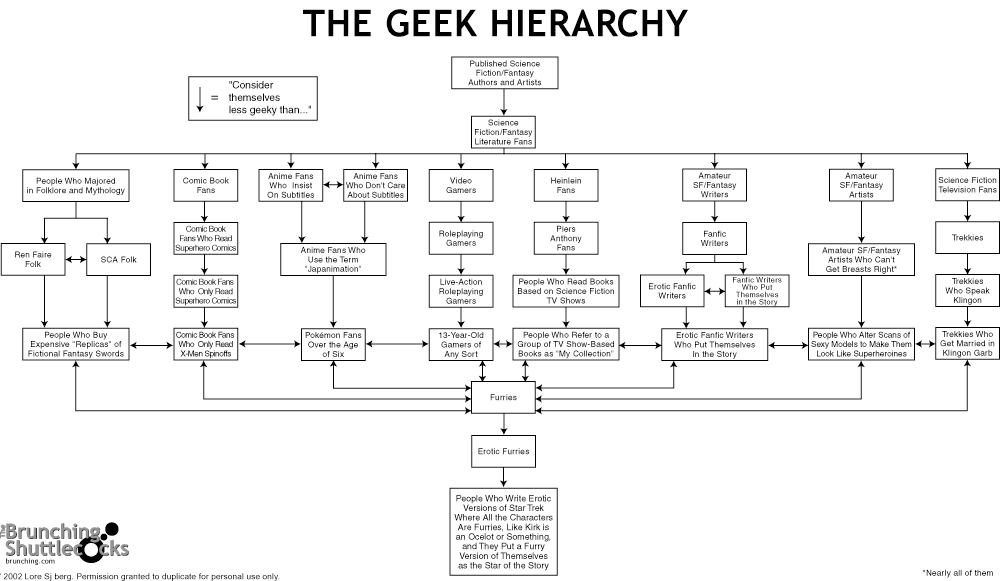fade
Staff member
I'd say that's true, but then the lines between spec fic/science fic/science fantasy are pretty fuzzy and subjective. It's possible for a story to be viewed as all three. But what makes Princess science fantasy isn't that the science is wrong. It doesn't have to be right to be science fiction, just believable. What makes it science fantasy is that the science is there, but the fantasy opera story is also there.Unfortunately that's a pretty subjective measure. Knowing what we know now, Edgar Rice Burroughs would not be considered science fiction. The atmosphere on nearby planets is not human compatible, and there aren't creatures on those planets.
But he is certainly considered an early pioneer of science fiction, and you'll be hard pressed to find any serious science fiction organization claim otherwise.


